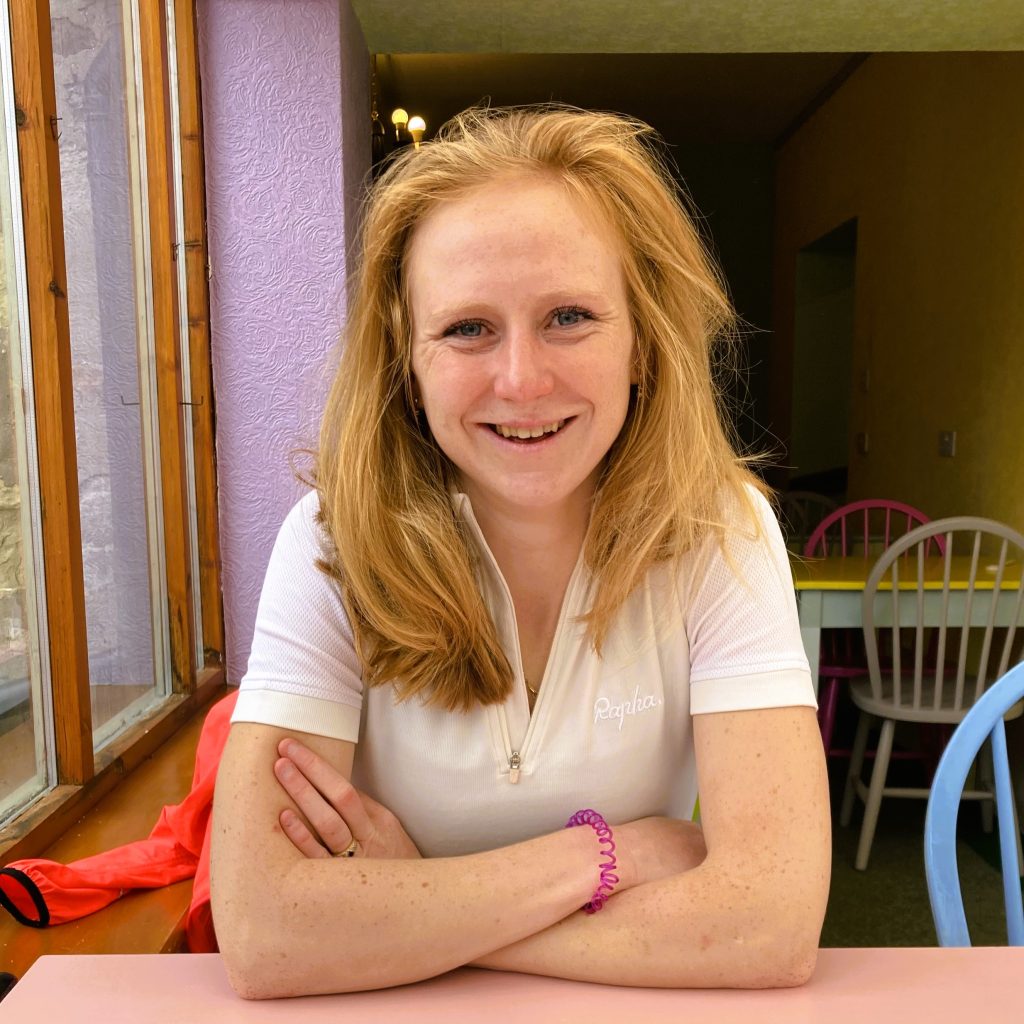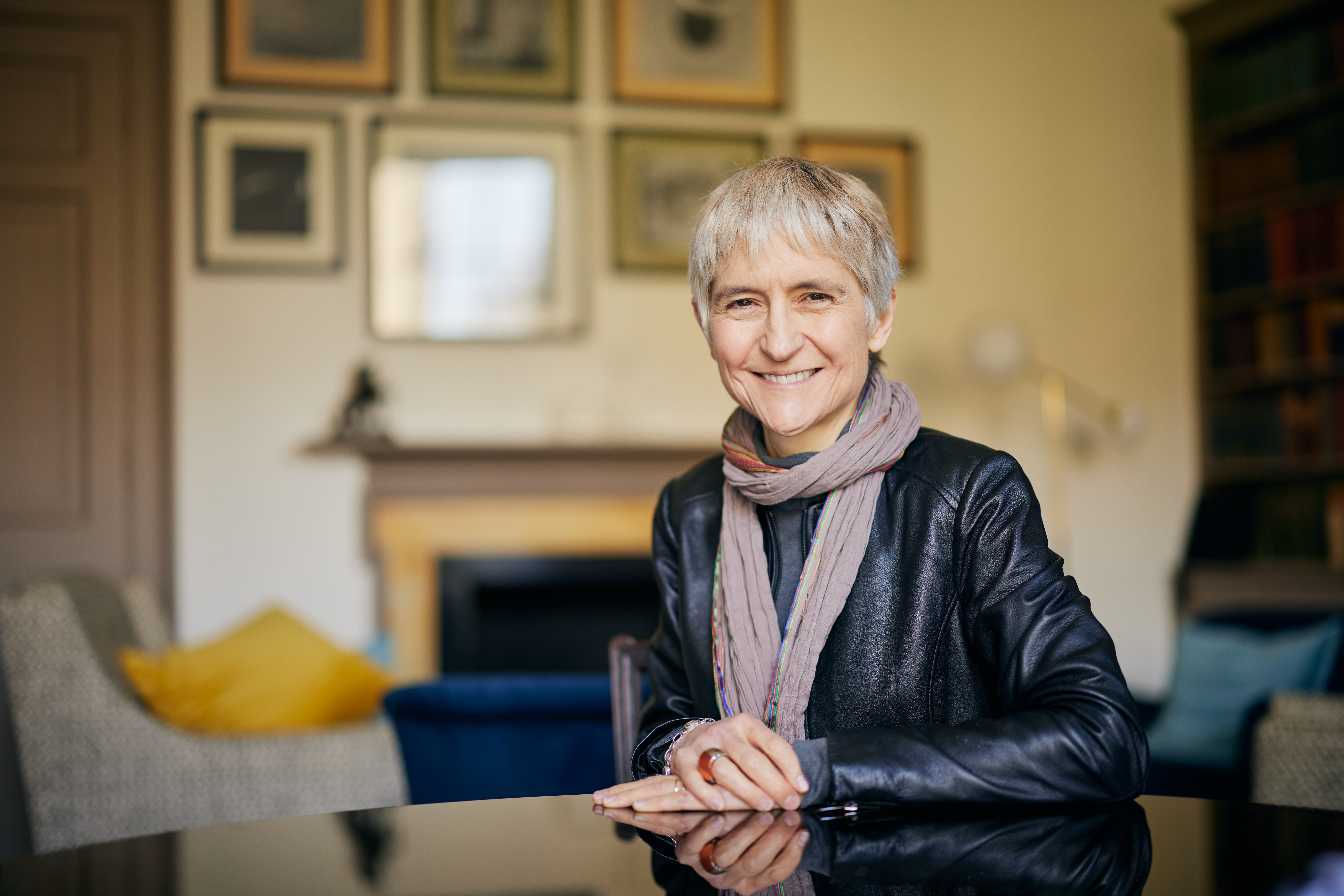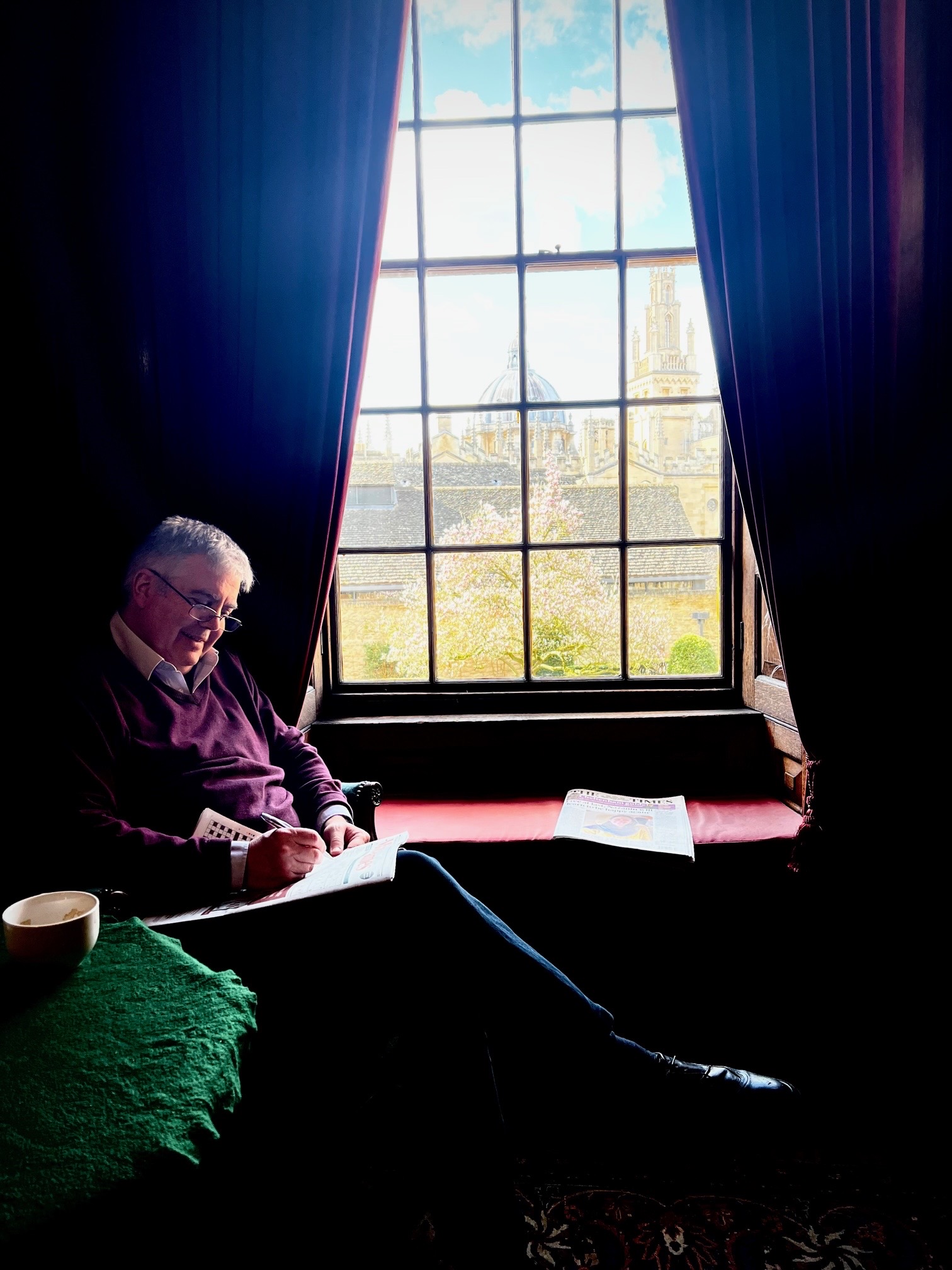Entrepreneur Rachel Drapper (Egyptology, 2012) is Founder and CEO of Fairshare, an app with a mission. In a nutshell, that mission is to help people split chores simply. We asked Rachel to tell us more about her motivation and methods in creating Fairshare.
Your app seeks to make households happier and more equitable. In the past, so-called chore division apps haven’t had the desired effect. How have you been inspired by research into domestic inequality to craft a product that will succeed?
Existing chore division apps largely overlook the fact that people are currently ‘seeing’ (or not seeing, as is often the case) housework very differently. In shared houses and partnerships, everyone joins with different individual standards and thresholds of acceptable cleanliness. If the person with the lower threshold sees mess and dirt and proactively cleans it up, it is likely that the person with a higher threshold (through no malice or bad intentions) will not notice or appreciate that work being done. Combined with a host of other factors—from people’s upbringings, individual personalities, different levels of participation in paid work, deeply entrenched social norms, to name but a few reasons—sharing housework quickly becomes a surprisingly complicated issue. Apps on the market today don’t solve the problem, usually they end up adding an additional burden onto the person who is already doing more, which is far from the goal.
Fairshare is unlike existing apps as we have applied our team’s combined decades of academic experience researching the division of domestic labour to build a more effective solution. Our approach incorporates four pillars: perceive (see the total workload and invisible mental load), plan (agree the split you are aiming for e.g., 50:50, or something else), practice (stick to your plan and do the chores), and praise (recognise everyone’s contributions). As well as a mobile app for household management, our product also includes conversation cards, quizzes and content, to engage and enable everyone to do their fair share at home. Alongside our app, we coach couples and deliver talks and training to organisations to raise awareness of the issue of domestic labour, and how it impacts the workplace.
What is your biggest goal with Fairshare and what will success look like?
Fairshare’s mission is to simplify sharing chores, and my personal goal is to equalise parenting and advance gender equity. I believe that people’s homes are the biggest lever to advancing gender equity overall, and chores are the starting point to help households better divide parenting. We know from research that heterosexual couples with kids have the highest pain point when it comes to sharing domestic labour, but the problem starts much earlier: with couples pre-children, roommates pre-relationships, and as far back as between boys and girls growing up. It is hard to know where best to intervene in the system for maximum positive social impact, but Fairshare’s hypothesis is that if we can start helping people share taking out the bins, then in the future we can help support parents with sharing the more challenging physical and mental load of managing a family, for example buying birthday presents for kids’ friends’ birthday parties. We’ll keep you posted when we have cracked that one!
How are you using technology to support your aims?
Despite recognising the limitations of technology to solve this very social problem, I believe there is huge potential for technology to drastically improve things. We have looked to technology to advance almost every other area of our lives, from fintech to medtech to edtech, but in the past 50 years, very little by way of technology has helped us better manage our homes and families. Fairshare is using technology in two main ways: we have built a tech-enabled tool, a mobile app, to help households split chores simply, and we use social media, predominantly TikTok, LinkedIn and Instagram, to spread the word about what we are doing.
How did your experiences at Oxford support your journey to entrepreneurship?
During my degree, I cannot say I utilised or (sadly) even explored the array of entrepreneurial opportunities that Oxford has to offer. That said, since founding Fairshare, my time at Oxford has indirectly supported my founding journey in several ways. Being a solo founder is isolating at times—friendships from Oxford (especially my best friend turned partner who I met at Queen’s, as well as a whole squad of friends from OUWRFC), are always on hand to lend a hand, listening ear, or a shoulder to cry on when things are not working out. Unexpected collaborations with Queen’s alumni who I reunited with nearly ten years on, have also been a total joy.
How did your MBA at Harvard Business School prepare you for launching a start-up?
In contrast to Oxford, my MBA at Harvard Business School was hugely significant in my founding of Fairshare. It was the first place I properly encountered entrepreneurship, and I became totally inspired by classmates who had founded, or were founding companies. With the support of Harvard’s generous Social Impact Summer Fellowship, I started working on Fairshare in the summer of 2021 instead of doing a formal internship, and was grateful to be accepted onto the business school’s start-up accelerator course, based on the progress I had made over that summer. In my final semester, I took as many classes focused on entrepreneurship as I could, and when I returned to the UK, tried to apply as much of the theory I had learnt as I could to Fairshare. Despite being across the pond, Harvard continued to support my endeavours. In particular, I am extremely grateful to Professor Kathleen McGinn, who I began working with during the MBA on an independent project on equity and inclusion at Harvard, who subsequently became a trusted advisor to Fairshare and recruited me as a part-time researcher. I continue to work with her and a wonderful research team at Harvard, and we are writing an academic paper on the intrahousehold negotiation of chores and childcare during COVID, which feeds into Fairshare’s work very significantly.
Do you have a favourite place at Queen’s?
I do, though it has changed somewhat since I was at Queen’s! My favourite place in College was the Peet library which, at the time, only Egyptology and Classics students could access. I was first shown it during my interview week at Queen’s by the lovely Access Rep at the time, as they were very excited to learn about a potential Egyptology student as they “hadn’t had one of those for a few years”! The library used to be tucked away down a staircase next to the Beer Cellar and boasts an extremely impressive collection of Egyptological books, including some stunning enormous folios that contain beautiful tomb scenes. While no longer in the same location (it’s now housed in the main library), I am thrilled that the Peet library lives on at Queen’s.
Can you give us some recommended reading?
Fair Play by Eve Rodsky is the best book I have read on the topic of sharing chores and childcare. It’s very unhelpfully heavily marketed towards women, but nevertheless, it introduces some extremely helpful concepts and systems (like ownership of tasks through conception, planning and execution, and minimum standards of care) that form a very helpful foundation for sharing responsibilities at home.



